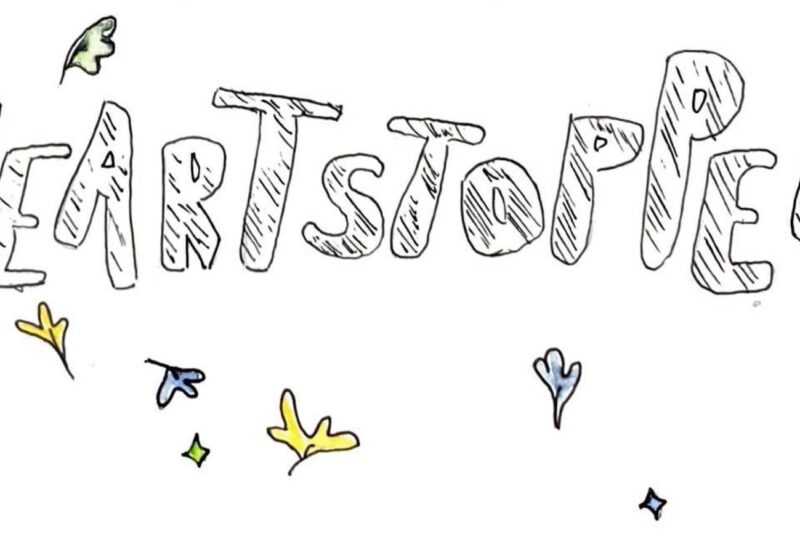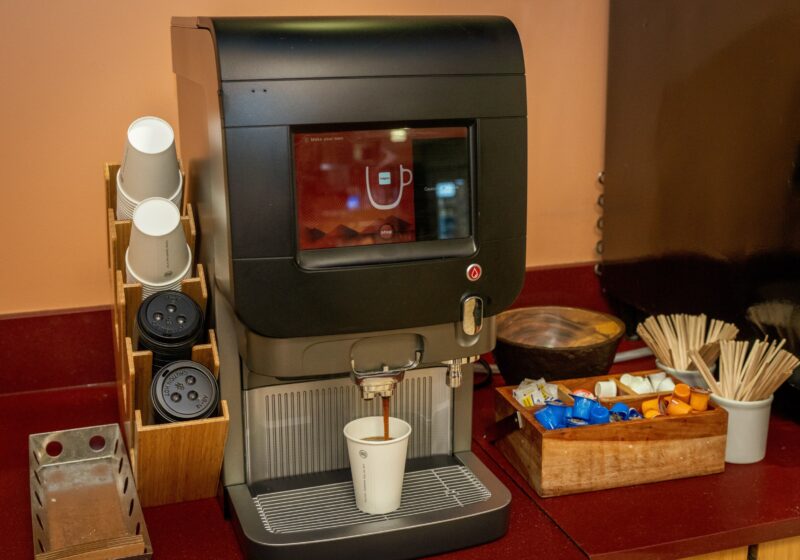A Meliora Weekend forum on both free and hate speech Saturday was disrupted when its moderator used a variation of the N-word in an anecdote, one of several moments of offense taken with participants speaking freely.
Audience members gasped as Evan Dawson, host of a popular WXXI public radio program, told a story about becoming emotional during a conversation he had on his show following Larry Wilmore’s White House Correspondents’ Dinner address.
“He called President Obama ‘my n—a,’ and that led to a discussion in all communities about right or wrong,” Dawson said. “My goal is to just get out of the way and let a panel of people talk.”
Dawson’s controversial remark was in response to a comment made by alumna Nicolle Hayes ‘91 shortly after the floor opened up to the audience, in which she expressed concern about Dawson trying to “shame white people into doing the right thing.”
Though Dawson’s intent was to assure Hayes that he wasn’t speaking “any differently” than he does on his show, panelists nevertheless took offense to his use of the word.
“You just stood up here and said the N-word, like, that’s not okay, you don’t need to offer a defense for it, but that’s not okay,” said panelist and alumna Jennifer Farmer ‘99. “It gets to the core of our discussion here today—it gets to the real core that none of this language is ever okay.”
Dawson quickly apologized after being prompted to do so by an audience member.
Other questions and comments from audience members ignited similar offense.
One alumnus volunteered a story about how racism is innate and not learned. He recalled a conversation he had with a fourth-grade classmate new to his school who was not Jewish or Catholic (the only two religions he had ever heard of), but Protestant, to which he responded, “What’s that?”
“I know from that conversation that I was absolutely not prejudiced at that point in my life,” he said. “By the time I was in seventh and eighth grade, the black students were very tough and difficult to deal with, and I had a feeling of fear.”
The man was interrupted by panelist and parent of a UR graduate Luz Marquez-Benbow, who asked, “Sir, do you have a question?”
The alumnus continued his story, later using the words “colored” and “negro” to describe the “lovely” woman who typed his doctoral dissertation.
Audience members again let out louder gasps, with others shouting, “No!”
Panelist and junior Delvin Moody silenced the crowd, insisting that the man finish his story.
“Yes, he can finish,” said Moody. “I think that as our people we need to show everyone with respect, let us not go out like this ya’ll. We are not going to do this here.”
Panelists at Saturday’s event included Jennifer Farmer ‘99, a leading professional in communications strategy; Scott L. Malouf, a social media attorney; Jim Johnson, a political science professor at the University, teaching social and political theory; Luz Marquez-Benbow, a Just Beginnings Collaborative Fellow, focused on building a national network of Black/Afro Latinx adult survivors of child sexual abuse; and junior Delvin Moody, president of the Minority Students Advisory Board.




